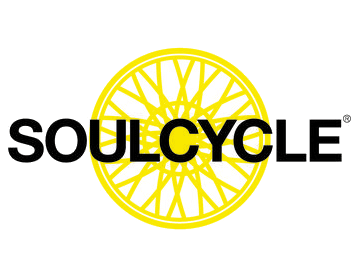Everyone has blind spots. Yes, even you. And me! Failing to recognize and adjust for these blind spots can create unwarranted challenges for those we work with.
Ray Dalio puts it eloquently: “The two biggest barriers to good decision making are your ego and your blind spots. They make it difficult to objectively see the truth about you and your circumstances.”
Let’s take a closer look at these unseen hindrances and how we can overcome them.
Why Blind Spots are a Concern
Blind spots are areas of ourselves we fail to recognize. It becomes problematic when others notice them repeatedly. Whether positive or negative, unchecked blind spots can lead to recurrent patterns of, “Oh no, not this again!”
Examples include:
- Embracing the “lone wolf” attitude, hindering teamwork.
- Insensitivity: talking loudly, dominating conversations, or arriving late.
- Gossiping.
- Sharing sensitive information inappropriately.
- Persistent negativity.
- Misjudged humor.
- Not leveraging one’s full potential.
Surprisingly, most of these arise from good intentions. The challenge lies in perception. However, every blind spot represents a unique chance for personal growth.
Spotting the Unseen: How to Recognize Blind Spots
Identifying blind spots needs courage and input from those around us. This journey isn’t solitary. A growth mindset, openness to feedback, and engaging the right individuals can offer insights we might never discover alone.
However, feedback is an art. To initiate a dialogue, approach your colleagues, friends, or family, framing the conversation with a keenness to evolve. Some guiding questions:
- What have you observed about me?
- In what areas can I improve my effectiveness?
- What critiques might people have about me?
- What misconceptions do you think exist about me?
Additionally, gather real-time feedback post interactions. Questions like, “How did that go?” or “What could I have improved?” are invaluable.
Accepting Feedback Gracefully
Feedback can sting. Looking disheartened or defensive might deter further input. Instead, reframe it: this feedback is a golden ticket to betterment!
My Journey: From Blind Spots to Bright Spots
I’m particularly impassioned about this topic. Early in my career, I had several blind spots. I perceived myself as a stellar employee, but the feedback suggested otherwise.
Acting on the insights I received, I attended courses, pursued a Master’s in Communication, and consistently sought feedback, no matter how hard to swallow.
This proactive approach transformed my once weaknesses into strengths. Recent reviews lauded my teamwork and adaptability. I’ve evolved from those early days, and this is a testament to the transformative power of embracing feedback.
Wrapping Up
I share this in hopes of inspiring you to embark on your journey of self-discovery. So, what blind spots have you tackled?







